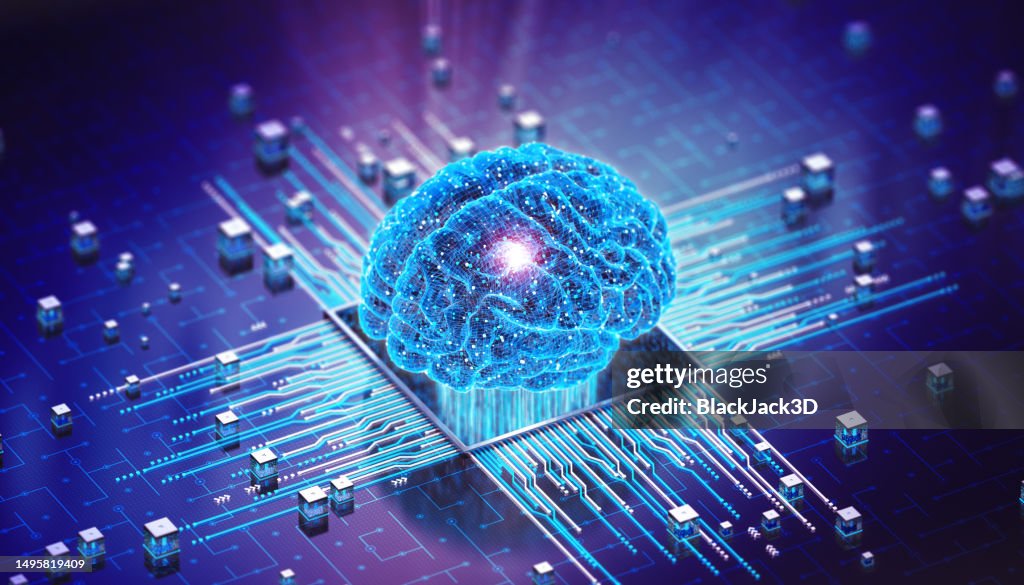Artificial Intelligence (AI) is one of the most transformative technologies of the 21st century. It refers to the simulation of human intelligence in machines, enabling them to perform tasks such as learning, reasoning, problem-solving, and decision-making. By leveraging powerful algorithms and vast amounts of data, AI has become a cornerstone of innovation across industries.
Key Components of AI
AI encompasses several domains that contribute to its functionality:
- Machine Learning (ML): This subset of AI enables systems to learn from data and improve their performance without explicit programming. Applications include predictive analytics and recommendation systems.
- Natural Language Processing (NLP): NLP allows machines to understand and interact with human language, powering tools like chatbots and virtual assistants.
- Computer Vision: This technology enables machines to interpret visual information from the world, aiding in facial recognition and autonomous vehicles.
- Robotics: AI-driven robots are capable of performing complex physical tasks with precision.
Applications Across Industries
AI has revolutionized numerous sectors, enhancing efficiency and innovation:
- Healthcare: AI supports disease diagnosis, drug discovery, and personalized treatment plans. Tools like IBM Watson are transforming medical practices by analyzing vast datasets.
- Finance: AI optimizes trading strategies, detects fraud, and improves risk management processes.
- Transportation: Autonomous vehicles and traffic management systems rely on AI for safer and more efficient mobility.
- Education: AI enables personalized learning experiences by identifying gaps in student knowledge and tailoring content accordingly.
- Entertainment: Platforms like Netflix and Spotify use AI-powered recommendation systems to deliver user-specific content.
Benefits of AI
The advantages of AI are substantial:
- Efficiency: Automating repetitive tasks saves time and resources.
- Accuracy: Machine learning algorithms excel at recognizing patterns and predicting outcomes with precision.
- Continuous Operation: Unlike humans, AI systems can function 24/7 without fatigue.
- Problem-Solving: AI tackles complex challenges in areas such as climate modeling and scientific research.
Challenges and Ethical Concerns
Despite its benefits, AI poses significant challenges that require careful consideration:
- Job Displacement: Automation risks unemployment in industries reliant on routine tasks.
- Bias and Inequality: Algorithms may inherit biases from training data, leading to unfair outcomes.
- Privacy Concerns: The widespread use of personal data raises issues around surveillance and misuse.
- Security Risks: Malicious actors can exploit AI for cyberattacks or other harmful purposes.
The Future of AI
The future of AI is promising yet demands responsible development. Innovations such as quantum computing, advanced robotics, and 6G networks are expected to further expand AI’s capabilities. However, ethical considerations must guide its progress. Policymakers, technologists, and ethicists must collaborate to ensure that AI serves humanity without compromising societal values.
Conclusion
Artificial Intelligence is reshaping how we live, work, and interact with technology. Its integration into daily life offers solutions to some of humanity’s most pressing problems while presenting new challenges that require thoughtful management. By balancing innovation with ethics, AI can be harnessed as a powerful tool for creating a better future for all.

